f1 engine for sale
Formula 1, the pinnacle of motorsport engineering, boasts some of the most powerful and technologically advanced engines in the world. These marvels of engineering, often referred to as “power units,” are at the core of every F1 car’s blistering performance. If you’ve ever dreamed of owning a piece of this high-octane history, searching for an F1 engine for sale could be your ticket into the world of elite motorsport machinery.
F1 Engine for Sale: The Ultimate Guide to Buying a Formula 1 Power Unit
Formula 1, the pinnacle of motorsport engineering, boasts some of the most powerful and technologically advanced engines in the world. These marvels of engineering, often referred to as “power units,” are at the core of every F1 car’s blistering performance. If you’ve ever dreamed of owning a piece of this high-octane history, searching for an F1 engine for sale could be your ticket into the world of elite motorsport machinery.
Whether you’re a collector, an automotive enthusiast, or a performance builder, this guide will walk you through the process of buying a Formula 1 engine, including pricing, legality, specifications, and sources.
What is an F1 Engine?
Before you dive into the market, it’s essential to understand what makes an F1 engine unique.
1.1 Technical Specs (Modern Era)
Since 2014, Formula 1 engines have been 1.6-liter V6 turbocharged hybrid power units. They feature:
-
Turbocharged Internal Combustion Engine (ICE)
-
MGU-K: Motor Generator Unit – Kinetic
-
MGU-H: Motor Generator Unit – Heat
-
Energy Store (ES): Lithium-ion battery system
-
Control Electronics (CE)
Combined, these components generate over 1,000 horsepower, while maintaining fuel efficiency, kinetic energy recovery, and real-time telemetry.
1.2 Pre-2014 F1 Engines
Earlier F1 engines include:
-
V10 (3.0L) – Common in the early 2000s
-
V8 (2.4L) – Used from 2006 to 2013
-
V12 (3.5L) – Used during the late ’80s and early ’90s
These naturally aspirated engines offer a more raw sound and feel, which appeals to collectors and classic motorsport fans.
Why Buy an F1 Engine?
You may be wondering why anyone would want to buy an F1 engine outside of a racing context. Here are several reasons:
2.1 Collectible Value
Owning an engine from an iconic F1 team — like Ferrari, McLaren, Mercedes, or Red Bull — is akin to owning a masterpiece of engineering history.
2.2 Engine Swap Projects
Some daring performance shops and tuners swap F1 engines into supercars, motorcycles, or even custom-built chassis. These are mostly for exhibition or drag events.
2.3 Museum or Art Installation
Retired F1 engines are often displayed in automotive museums or used as mechanical art in high-end showrooms or luxury homes.
2.4 Educational or Research Purposes
F1 engines are used in universities and mechanical engineering labs to study hybrid technology, thermal efficiency, and power-to-weight ratios.
How Much Does an F1 Engine Cost?
One of the most common questions is: How much is an F1 engine for sale?
3.1 New F1 Power Units (2022+)
-
Estimated Cost: $10 million to $18 million USD
-
These are hybrid power units under contract with manufacturers like Mercedes-AMG, Ferrari, or Honda.
-
Not available to the public; strictly regulated under FIA regulations.
3.2 Used or Retired Engines (Display Models)
-
Price Range: $25,000 to $500,000+
-
Non-functional or decommissioned engines from past seasons
-
May include parts like exhausts, turbochargers, and cooling systems
3.3 Fully Functional Engines (Classic Models)
-
Classic V10s or V8s: $250,000 to $1.5 million
-
May require full rebuilds, specialist tuning, and dedicated electronic control units (ECUs)
Where to Buy an F1 Engine?
Finding an F1 engine for sale isn’t as easy as buying car parts off Amazon. Here are the most reliable sources:
4.1 Specialist Dealers
-
Cosworth, Judd, Ilmor: Known for selling or servicing older F1 and race engines.
-
F1 Parts Specialists: Websites like racecarsdirect.com, motorsportauctions.com, and speedmastercars.com
4.2 Auctions
-
RM Sotheby’s
-
Bonhams
-
Christie’s Motorsport Memorabilia Sales
These platforms occasionally auction rare F1 power units, often accompanied by team documentation.
4.3 Direct From Teams or Private Collectors
-
Some teams sell decommissioned power units to wealthy collectors or museums.
-
Ferrari’s F1 Clienti Program occasionally offers cars and engines to loyal customers.
Is It Legal to Own an F1 Engine?
In general, yes, you can legally own an F1 engine. However:
5.1 Street Use
-
F1 engines are not road-legal due to extreme emissions, noise levels, and lack of compatibility with street gearboxes or fuel systems.
5.2 Export Laws
-
Engines manufactured under military-grade export controls or sensitive tech (especially hybrid systems) may be restricted in some countries.
5.3 Licensing Restrictions
-
Some engines or control units may still be under intellectual property or license agreements with manufacturers like Ferrari or Mercedes.
Pro Tip: Always check with local customs and transport authorities before importing a high-performance engine.
Key Considerations Before Buying
6.1 Condition
-
Is it a functional engine, or just a display piece?
-
Has it been rebuilt, tested, or run on a dyno?
6.2 Documentation
-
Authenticity is vital: Request the engine number, dyno sheets, service logs, or team documentation.
6.3 Parts Availability
-
Hybrid systems like MGU-K and MGU-H can be extremely hard to source or repair.
-
Even older V10s require unique ECUs and fuel mapping systems.
6.4 Maintenance
-
Specialized technicians and high-end dynos are required for diagnostics and repairs.
-
Maintenance costs could run into tens of thousands of dollars.
Top F1 Engines to Look For
If you’re shopping for performance or prestige, consider these legendary power units:
Ferrari 3.0L V10 (2000-2005)
-
Used in Schumacher-era cars
-
Sells for $250,000 – $750,000
Renault RS25 3.0L V10 (2005)
-
Powered Fernando Alonso to his first championship
-
Iconic, high-revving engine
Mercedes PU106A Hybrid (2014)
-
First of the turbo-hybrid era
-
Dominated by Lewis Hamilton and Mercedes-AMG
Cosworth DFV 3.0L V8 (1967-1985)
-
Most successful engine in F1 history
-
Common in collector circles, often available rebuilt
Alternatives to F1 Engines
If you’re looking for something more manageable, consider:
8.1 GP2 or F2 Engines
-
Less complex, non-hybrid V6s or V8s
-
More affordable (starting around $30,000)
8.2 IndyCar or Le Mans Engines
-
Comparable performance
-
Available from Chevrolet or Honda Performance Development (HPD)
8.3 Replicas and Show Engines
-
Made from authentic parts, designed for display only
-
Priced around $15,000–$50,000
Maintenance and Running Costs
Operating an F1 engine is not for the faint-hearted:
-
Engine Rebuild: $100,000+
-
Specialist ECU & Software: $25,000+
-
Dyno Testing: $1,000–$5,000 per session
-
Transport & Storage: Temperature-controlled conditions recommended
Some engines may require preheating oil and coolant systems before startup, or rev-limiting to avoid damage.
Frequently Asked Questions (FAQs)
Q1: Can I install an F1 engine in my car?
Answer: Technically yes, but it’s impractical. F1 engines require specific ECUs, gearboxes, and support systems. Most installations are done in custom race chassis or exhibition vehicles.
Q2: Are F1 engines street legal?
Answer: No. They do not comply with road emissions, noise, or fuel regulations. They’re strictly for racing or display.
Q3: Can I buy a working hybrid F1 engine?
Answer: It’s extremely rare. Hybrid components are often locked down due to proprietary technology. Most available engines are non-hybrid or display-only.
Q4: What fuel do F1 engines use?
Answer: F1 engines use high-octane fuel with tightly controlled chemical compositions — very different from commercial pump fuel.
Q5: How long does an F1 engine last?
Answer: Modern F1 engines last 4–6 races (~2,000 km). High-performance engines are designed for short, intense lifespans.

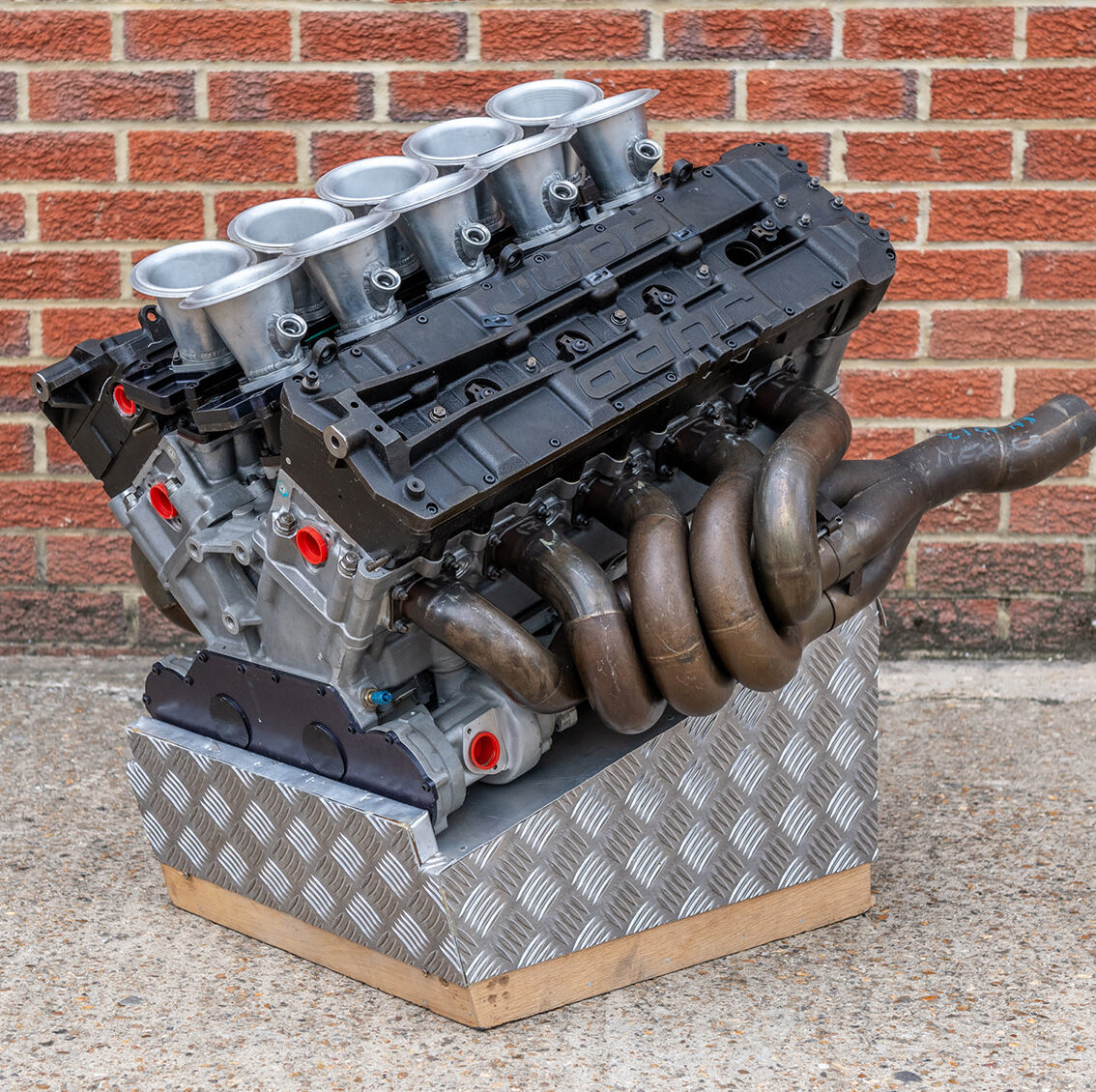
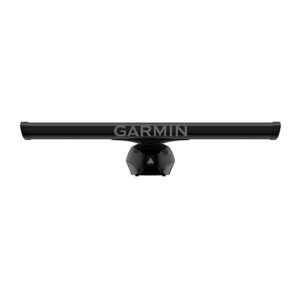

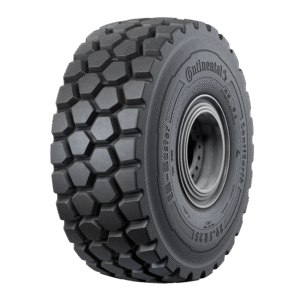
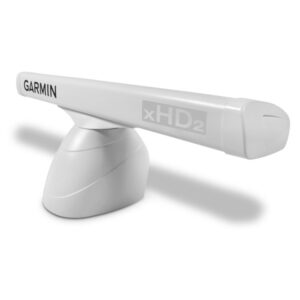
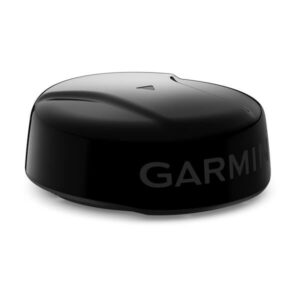
There are no reviews yet.